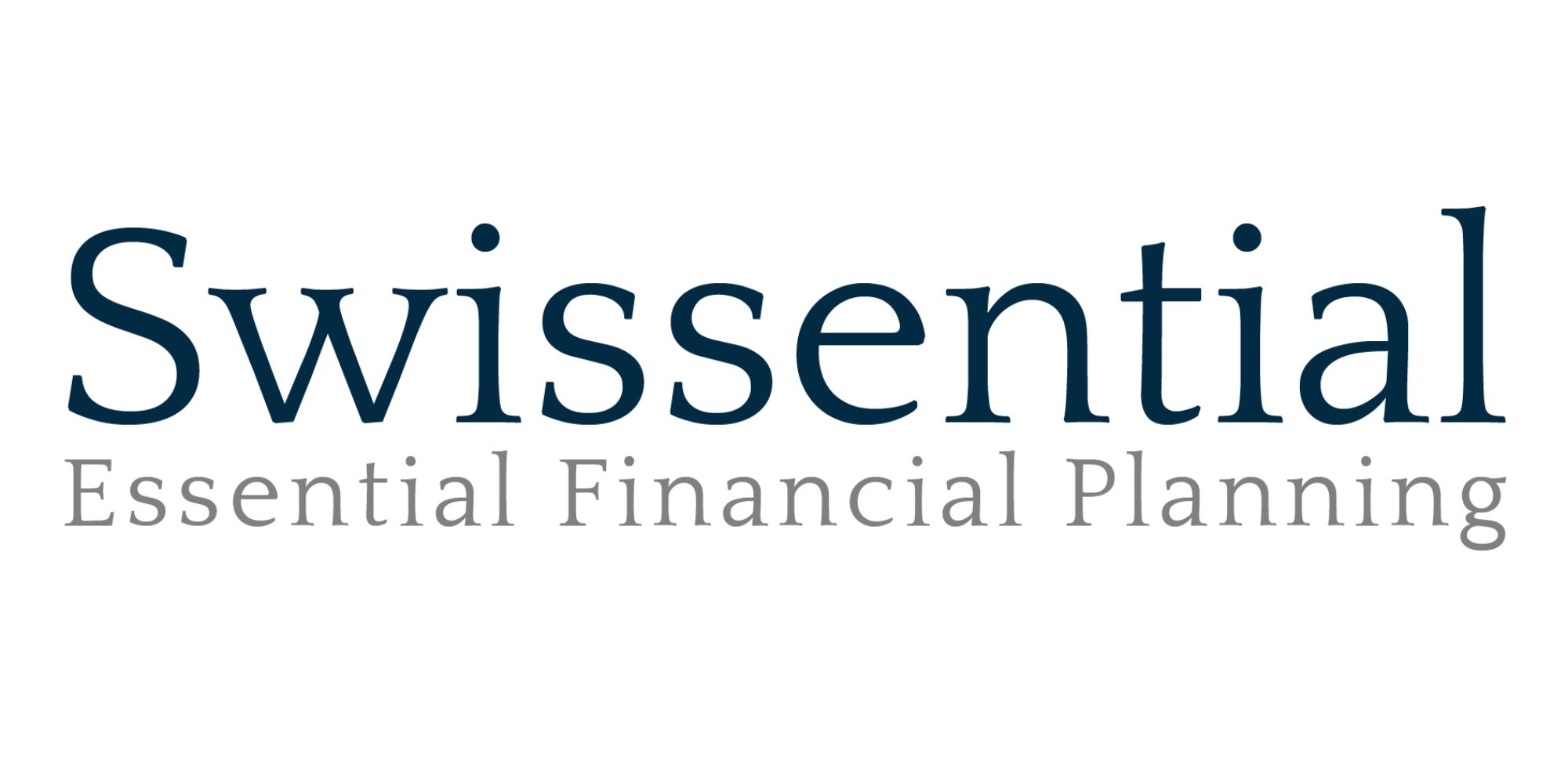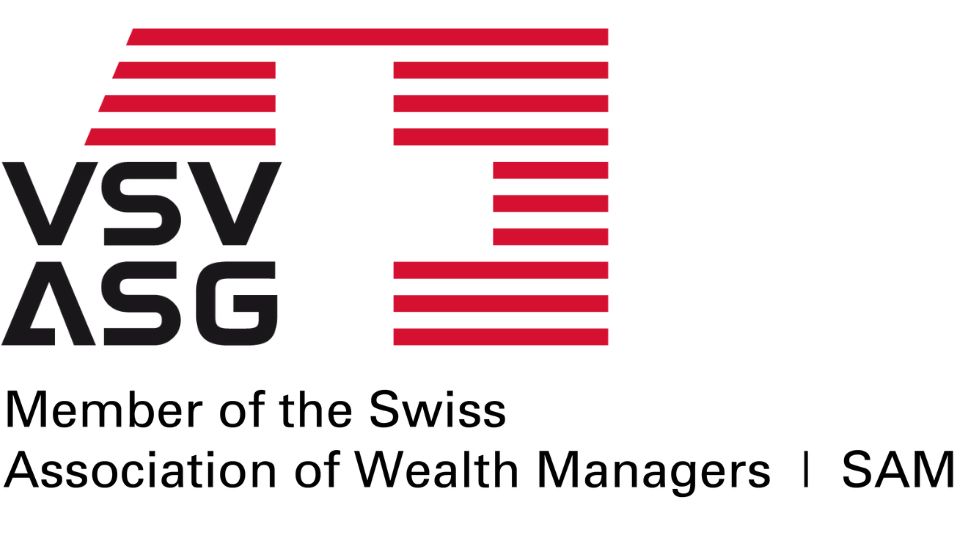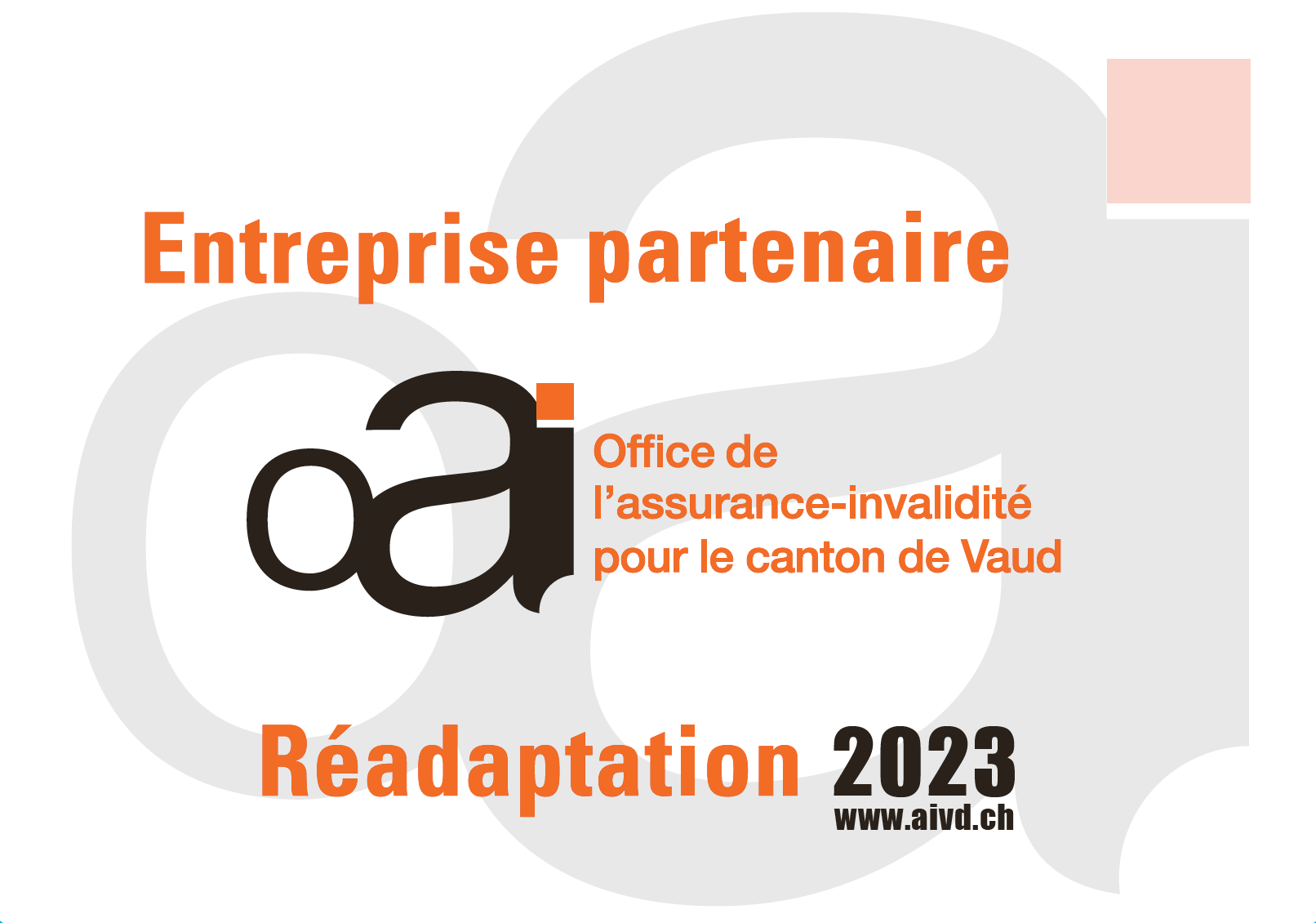According to the latest People & Money report commissioned by BlackRock, the Swiss are among the strongest believers in social responsibility on a day-to-day basis, for instance when they shop for groceries (91%). 79% feel that investments should have a positive impact and 84% are aware of sustainable investment opportunities. Yet only 37% – all non-investors – would make their first investment in a stock or fund that adheres to sustainability and social responsibility standards. Why is that? These and other questions around the theme of sustainability is what the global People & Money survey across 18 countries aims to help answer. In Switzerland 1,020 people, between the ages of 25 and 74, took part in the survey, with an even split among genders.
The 4 myths about sustainable and socially responsible investments
Clearly, there’s a desire to make a difference. What seems to stand in the way is a number of misperceptions about the actual risks, the returns that can be achieved and the actual impact these investments can have. To answer the question ‘Is this for me?’ – let’s start by dispelling the four common myths surrounding sustainable and socially responsible investments.
- Myth #1: They only come in green
The concept of sustainable investing can mean different things, but it essentially boils down to this: Aligning traditional investing with environmental, social, and governance-related (ESG) principles to improve financial well-being over the long-term. The range of sustainable financial products out there is very diverse and investment choices will entirely depend on the investor’s personal values and preferences. It’s not limited to specific stocks in green energy or organic farming, either. If the investment is in a fund, those companies or activities that don’t meet the investor’s social and ethical standards are filtered out. Investments can also be earmarked for projects that have a positive environmental and social impact. Another option is thematic investing, for instance in renewable energy, biotechnology, healthcare or sustainable forestry, to name the major areas. Between 2018 and 2019 alone, the number of funds that operate under ESG criteria went from 434 to 582 (up 34%)
- Myth #2: Good conscience, bad return
The market shows that sustainable and socially responsible investments are on a par with conventional financial product offerings. Stock companies that subscribe to ESG principles are more than a safe bet. Well-managed businesses that are concerned about their impact on the environment and society are ready to adapt and often more open to innovation. Their employees are well taken care and that makes them better at their job. These companies have a better reputation and are better equipped to weather crises. Which means their business may keep growing. The facts bear this out, especially in the current turbulent market: In the US, for instance, most sustainable funds finished in the top halves of their Morningstar Categories for Q2/2020, and 18 of 26 ESG-focused index funds outperformed conventional index funds. For the year to date, 72% of sustainable equity funds rank in the top halves of their Morningstar Categories and all 26 ESG funds have outperformed their conventional index fund counterparts. Just as the way companies treat their employees and stakeholders has become a differentiator, the way they invest in their employees’ health and safety will become even more important. Sustainable and socially responsible investing will keep up the momentum for this dynamic. And no, the fees aren’t higher than for conventional investments.
- Myth #3: It’s just a fad
The concept of sustainability as an investment driver, which inherently has an ethical component, has been around since the 18th century. Back then, some investors would have nothing to do with the slave trade, preferring to make a healthy profit in other areas. A preview, so to speak, of sustainable and socially responsible investing as we understand it today.
Fast forward to 2009. At the time, sustainable investments accounted for CHF 32.4 bn (up from CHF 7.4 bn in 2005), and by the end of 2019, the volume increased to CHF 1,163 bn. From 2018 to 2019 alone, the share of sustainable funds in the overall Swiss fund market more than doubled from 18% to 38%. Another key reason why sustainable and socially responsible investing is here to stay is regulation. In 2018, based on the results of the Paris Climate Agreement 2016 and the United Nations’ Agenda 2030, the EU launched the Action Plan for Financing Sustainable Growth to:
- Direct capital flows towards sustainable investments
- Mitigate financial risks linked to climate change, natural disasters and environmental and social issues
- Enhance transparency in investment and economic activity (i.e., better governance.)
In other words, the positive momentum developed over the past decade will continue to build. In Europe, we see that investing sustainably is increasingly the new normal, as borne out by the strong rebound after the coronavirus pandemic market sell-off, more than doubling to USD 54.6 billion over the second quarter of 2020.
- Myth #4: It’s not for me
One of the study’s findings: 48% of those surveyed felt that the responsibility to act sustainably rests with companies, about the same for those who felt that sustainability starts at home (45%). As companies are aligning themselves with the new normal, the possibilities for private individuals to make a difference through their investments – while achieving their financial health and well-being goals – are increasing, too. More important than diversity of investment options perhaps, is the fact that the market is open to all, regardless of how little one wishes to set aside for letting sustainable and socially responsible investments grow into a nest egg or a dream come true. Though it’s never too soon or too late to get started, seasoned investors (44%) would recommend starting with a small amount and taking a step-by-step approach. To get a basic understanding of how a capital investment works, click here.
Friends and family can be a good source of advice if they have some experience. Also, the fact that financial advisors may charge a fee should not be a red flag. Their main objective is to make investing work for their clients – who usually are the first to say that good advice is always worth the price. Besides very competitive rates, advisors can also provide tools that allow maximum control over the investment.
But what about after the crisis?
According to ratings agency Moody’s, the Covid-19 pandemic is likely to have far-reaching effects on the financial sector over the coming years, specifically on the way investors and companies approach risk and how they will increasingly focus on ESG factors. The trend towards sustainability and social responsibility was already well underway before the crisis began, it’s just that the crisis has intensified the spotlight on environmental, social and governance factors. In our rapidly changing world, businesses and projects run according to sustainable, i.e. ESG-based principles, are proving to be more resilient and therefore in a better position to offer more stable returns over the long term.
Sustainable investing also plays to one of Switzerland’s strengths: a longstanding tradition in sustainable finance, not least due to an openness that allows for new trends to be recognized and acted upon early on, combined with stable economic and political framework conditions. The result is a financial environment that contributes to a more sustainable world through smart investing, proving time and again that securing one’s financial future and doing the right thing for the planet and society can go hand in hand.







